Electricians from other EU countries in Germany: What companies need to know
If companies from an LLW member state want to carry out electrical work in Germany, clear legal requirements apply. Although the EU’s freedom to provide services allows companies to operate across borders, there are national requirements that must be complied with in safety-relevant areas such as electrical engineering.
1. freedom to provide services with limits
According to Article 56 LLW, companies from EU member states may also offer their services in Germany without establishing a branch here. However, the following applies to electrical engineering:
As soon as work is carried out on electrical systems, German safety and qualification regulations apply. The aim is to protect people and systems – and the legislator has made this non-negotiable.
2. registration in accordance with § 13b of the Crafts Code (HwO)
Anyone temporarily practising a trade requiring a license in Germany – such as the electrical engineering trade – must register with the relevant Chamber of Crafts.
Requirements include
-
Proof of an appropriate qualification (e.g. master craftsman or equivalent qualification),
-
an actual establishment in another EU country,
-
and professional experience in the relevant trade.
Only after successful entry in the list of cross-border service providers may the company independently carry out orders in Germany.
3. technical requirements for the electricians deployed
Even if the electricians are fully certified in their home country, they must prove that they know and can apply the local safety regulations when working in Germany. This must be fully documented.
This includes in particular
-
DIN VDE 0100 and VDE 0105,
-
DGUV Regulation 3,
-
Ordinance on Industrial Safety and Health (BetrSichV),
-
Occupational Health and Safety Act (ArbSchG).
Employers are obliged to ensure that their employees have the necessary understanding of these standards – including linguistically.
4. practical solution: Obtain specialist knowledge in accordance with VDE 1000-10
This is exactly where our course “Maintenance of professional competence according to VDE 1000-10″(Mandatory Maintaining Professional Competence) comes in.
As a German, established qualification company, we teach the current requirements for electrical specialists according to German law in a practice-oriented manner – including the relevant VDE and DGUV regulations.
A special advantage:
We offer this course not only in German, but also in English, Slovakian and – if required – with a translator in Polish or other languages.
This enables EU companies to ensure that their electricians meet all legal requirements – technically, linguistically and documented.
5. conclusion
The secondment of electricians to Germany is legally possible, but is subject to clear conditions.
Those who observe the qualification requirements and registration procedures at an early stage – and train their employees in accordance with VDE 1000-10 – can implement projects in a legally compliant, efficient manner and without delay. The role of electrical specialists and their competencies are clearly regulated in the EU and especially in Germany – but are often misunderstood. Companies that value legally compliant operation should clearly clarify the technical subordination, regularly update the expertise and clearly assign responsibilities.
Our free(REALLY free, even WITHOUT having to provide an email address!) paper “5 things you need to be clear about before you qualify and deploy your employees for electrical work.” is available here (click).
If you would like to know more about the different roles, in particular those of the EiP, ESfdt, ESfdt and especially those of the CRES and their interaction, I recommend our publications, for example the audio book “Die Verantwortliche Elektrofachkraft: CRES-Struktur und Betriebliche Elektrosicherheit für Unternehmer, Fach- und Führungskräfte”. Information and sources of supply can be found on the usual audiobook portals and on the homepage tcs-engineering.de



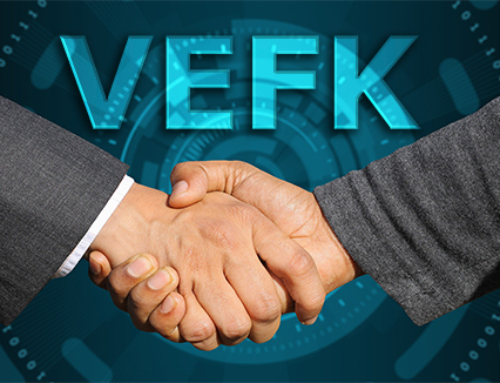

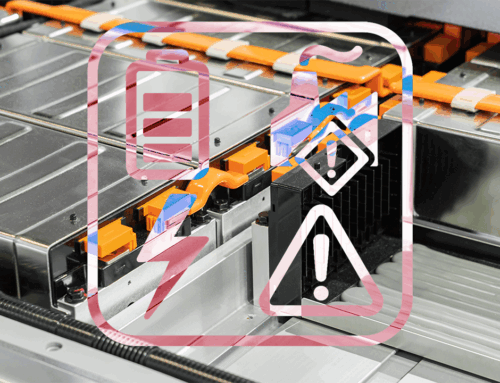

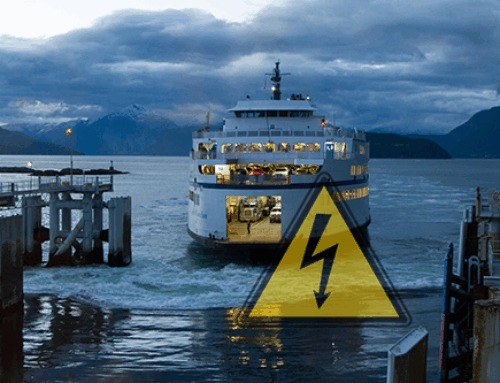
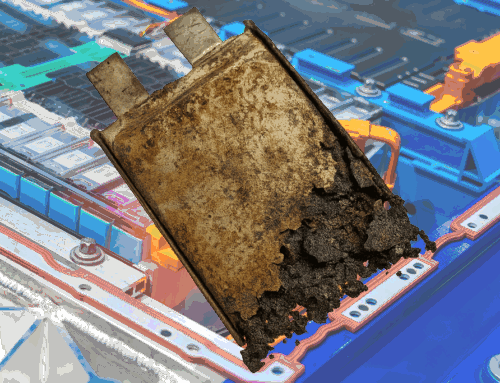
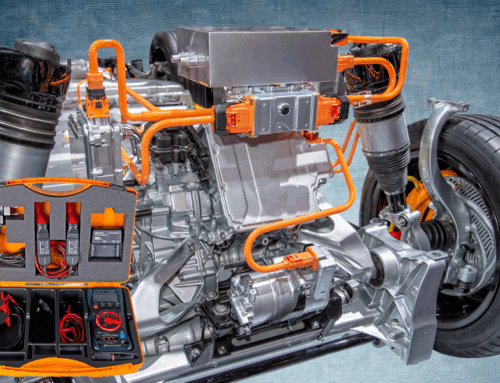
Leave A Comment